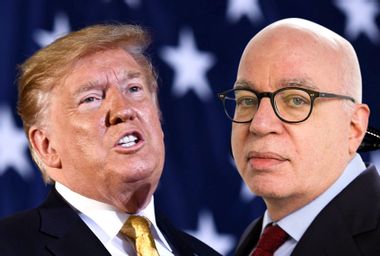

And that is problematic for Wolff, because in this case the single most newsworthy item in the 315 pages of Siege has already been called into question. Nearly all are unnamed, with the egregious exception of the book's mainspring source, former campaign manager Steve Bannon, of whom more in a moment.Īn author's credibility is everything in this kind of journalism, whether one is known primarily for entertainment reporting or for winning multiple Pulitzer prizes. But in this sequel, Wolff relies primarily on interviews with current and former intimates of the president. The first book, a runaway 2018 bestseller, was based partly on personal observation from weeks spent inside the White House. Wolff is a longtime writer for popular magazines who scored a hit with Fire and Fury, his earlier account of Trump's first seven months in office. Yet all of that material has been conjoined with so much else that cannot be confirmed that the reader is apt to be left in doubt. Siege includes events widely observed, or present in accessible public records. This is regrettable, because much of Wolff's gossipy but disturbing tale is not only plausible but credibly corroborated elsewhere. There may never have been a more polarizing president, nor an author less likely to be read as a neutral recorder of facts.

And most people who pay attention to such books have made up their minds about Wolff, as well. Most Americans have long since decided what they think of Trump. Michael Wolff's new book about President Trump, Siege: Trump Under Fire, offers many surprising stories - but its power to shock may be limited. Your purchase helps support NPR programming. Close overlay Buy Featured Book Title Siege Subtitle Trump Under Fire Author Michael Wolff


 0 kommentar(er)
0 kommentar(er)
